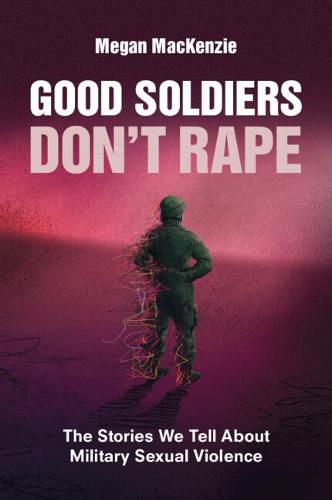Readings Newsletter
Become a Readings Member to make your shopping experience even easier.
Sign in or sign up for free!
You’re not far away from qualifying for FREE standard shipping within Australia
You’ve qualified for FREE standard shipping within Australia
The cart is loading…






Sexual violence is a significant problem within many Western militaries. Despite international attention to the issue and global #MeToo and #TimesUp movements highlighting the impact of sexual violence, rates of sexual violence are going up in many militaries. This book uses feminist theories of 'rape culture' and institutional gaslighting to identify the key stories, myths, and misconceptions about military sexual violence that have obstructed addressing and preventing it. It is a landmark study that considers nearly thirty years of media coverage of military sexual violence in three case countries - the US, Canada and Australia. The findings have implications not only for those seeking to address, reduce, and prevent sexual violence in militaries, but also for those hoping to understanding rape culture and how patriarchy operates more broadly. It will appeal to students, scholars and general readers interested in gender, feminism and the military.
$9.00 standard shipping within Australia
FREE standard shipping within Australia for orders over $100.00
Express & International shipping calculated at checkout
Sexual violence is a significant problem within many Western militaries. Despite international attention to the issue and global #MeToo and #TimesUp movements highlighting the impact of sexual violence, rates of sexual violence are going up in many militaries. This book uses feminist theories of 'rape culture' and institutional gaslighting to identify the key stories, myths, and misconceptions about military sexual violence that have obstructed addressing and preventing it. It is a landmark study that considers nearly thirty years of media coverage of military sexual violence in three case countries - the US, Canada and Australia. The findings have implications not only for those seeking to address, reduce, and prevent sexual violence in militaries, but also for those hoping to understanding rape culture and how patriarchy operates more broadly. It will appeal to students, scholars and general readers interested in gender, feminism and the military.